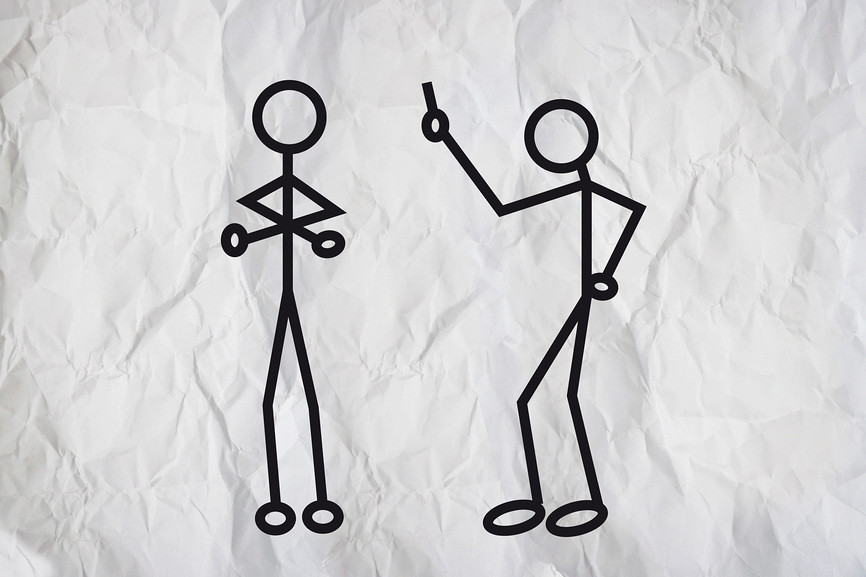Image source: flickr.com
"No one is going to love you until you love
yourself."
How many times have you seen or heard this phrase or similar
phrases? Well for starters, if you Google that sentence, you'll get about
377,000,000 results.
For a long time, I really adopted this adage as a strongly personal
belief. I concluded that I was entirely unlovable until I could learn to feel
super good about myself and completely rid myself of all self-doubt, flaws and
insecurities (which is impossible if you are a human).
While there is a
profound lesson to be learned in the above phrase, there is also a rather
damaging misconception about it.
So allow me to break it apart and fill it with five truths
that I find so much more valid and empowering. I hope they help you see love
and yourself in a new light.
Truth #1: Everyone
hates themselves sometimes.
Loving yourself unconditionally is one of the hardest things
in the world. If you meet anyone who says loving themselves is easy and effortless
at all times, they're lying. While I agree that actively learning to love and
be kind to yourself leads to stronger, more loving relationships, I disagree
that no one is going to love you if you occasionally have a difficult time
loving yourself. We're all hard on ourselves, and we all need to be reminded of
our worth whenever that happens.
Truth #2: Your partner cannot fix you, save you, or complete you.
No one can fill your inner void except you, which is similar
to saying, "No one is going to love you until you love yourself." That
is the only profound lesson I can find in that statement. Your partner cannot
solve all of your problems or fight your battles for you. He or she can only
stand beside you as you do those things on your own. That's an important thing
to remember. You can always lean on people, but they can't always hold you up.
Truth #3: Struggling
with self-love does not make you unlovable.
I'm going to say that again. Struggling with self-love does not make you unlovable. And that is
essentially what is being suggested in the notion that no one will love you
until you love yourself. You are an infinitely valuable human being, and you're
going to struggle with self-love time and time again. People will still love
you when you don't love yourself. In fact, the best people will love you even more during such times---which leads me to
the next truth…
Truth #4: You need
love the most when you feel you deserve it the least.
Sometimes I go through bouts of self-hatred where I
genuinely feel like I don't deserve love and silently question anyone who gives
it to me. It's harder to accept something when you deeply believe that you
don't deserve it. But you truly need love the most when you feel this way, and
the best people in your life will shower you with it. Once you start treating
yourself and others with more compassion, for better or worse, your whole world
and your whole heart will open up.
Truth #5: The right
people will love you no matter what.
The right people will love you when you make a mistake. The
right people will love you when you feel worthless. The right people will love
you when you swear at them or hurt their feelings. The right people will love
you when you act like a brat or fly into a mini rage because you have a slow
Internet connection. The right people will love you when they see your glaring flaws
or watch you take nine steps in the wrong direction.
True love is unconditional. Do not place the expectation of
unconditional love on every person you meet or date because not everyone will
live up to that expectation. But if you stay open and actively practice
self-love, the right people will come into your life. And if you have a day or
two where you hate yourself a little, it will be okay with them---because
sometimes they will hate themselves a little too.
<3 Madison


